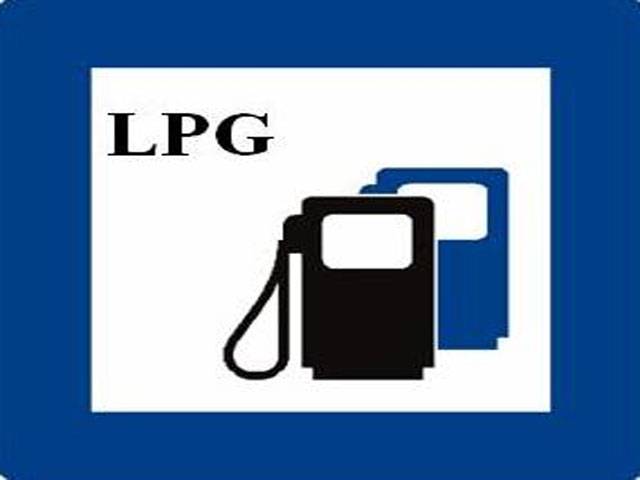LAHORE
The trade deficit can be minimised by restricting oil import bill and encouraging usage of liquefied petroleum gas in public transport.
“Opposite to the regional countries, including Bangladesh and India, where a sizeable portion of public transport has been converted on LPG, Pakistan has put a restriction on refueling of public service vehicles including vans, wagons and rickshaws with LPG at LPG filling stations while no such ban has been imposed on refuelling of the same vehicles with CNG, discouraging new investment in LPG stations,” observed Liquefied Petroleum Gas Association of Pakistan (LPGAP) chairman Farooq Iftikhar.
He said that the country is facing severe energy crisis and the government has to resolve this serious issue by adopting multi-pronged strategy, including encouraging private investment in LPG sector which is presently being restricted owing to unfriendly policies of the government.
Farooq Iftikhar, who is also former president of LCCI, stated that LPG sector in Pakistan is facing various challenges, which are an obstacle in the growth of the Industry. He said that government is not encouraging the use of LPG as a fuel in the transport sector. This is in converse to the latest trends where many countries are realizing the importance of LPG as a transport fuel.
“The LPG companies in Pakistan do not have stable profit margins to invest and grow. There is 1% additional tax to be paid by LPG companies which supply LPG to unregistered distributors. More than 90% of all distributors in Pakistan are un-registered and the marketing companies cannot force them to get registered. The producer price had for long been indexed with international prices and this had eroded demand for LPG in the country, leading to unstable prices.” One big challenge that LPG industry faces is the lack of awareness among people of the benefits of LPG as a clean fuel. The government should play a part in highlighting the benefits of LPG as a clean fuel through electronic, print media and other means, he suggested.
“World over, the main engine of growth in the LPG has been the Auto sector as the Autogas (LPG used as transport fuel) is one of the fastest growing sectors, representing almost 9% and 22.87 million tons of total LPG consumption worldwide. In the past four years, LPG consumption as automotive fuel increased on average 4.6% annually. There are over 23 million vehicles worldwide running on LPG and it is the most widely preferred alternative to petrol as well as diesel. Bangladesh has done conversion of sizeable percentage of its public transport on LPG while in Pakistan, over 10,000 motorists use LPG in their vehicles and Autogas (LPG as transport fuel) accounts for 35% of the LPG sales in Pakistan.” Farooq Iftikhar said that LPG is cost-effective, since a high proportion of its energy content is converted into heat. LPG can be 5 times more efficient than traditional fuels, resulting in less energy wastage and better use of our resources, he claimed.
“A stumbling block in the growth of LPG industry is the high fee charged by the Department of Explosives, an attached department of the Ministry of Industries. Before getting the final license by OGRA, all LPG marketing companies have to get an approval from the Department of Explosives for design specifications, standards of containers, safety devices, cylinders and ways of installation etc. Previously, the fee charged by Department of Explosives was fairly reasonable but in the last two years, the fee has been increased exorbitantly.
Thursday, April 25, 2024
Ban on LPG in public transport restricting investment

Caption: Ban on LPG in public transport restricting investment
8:13 AM | April 25, 2024
Govt, Opp prepare power-sharing framework for NA committees
5:33 PM | April 25, 2024
Islamabad chief commissioner removed, Randhawa likely to replace him
5:32 PM | April 25, 2024
Remove barriers from outside Governor House, CM House and Rangers headquarters, orders SC
5:31 PM | April 25, 2024
Two terrorist ring leaders among three killed in Khyber IBO
5:30 PM | April 25, 2024
Orphanage children to spectate today's T20 match at Gaddafi Stadium
5:29 PM | April 25, 2024
Academic Uprising
April 24, 2024
Cooperation Momentum
April 24, 2024
Facing Reality
April 24, 2024
Absent Academia
April 23, 2024
Murree’s Redemption
April 23, 2024
Ending animal suffering
April 25, 2024
AI governance
April 25, 2024
AI concerns
April 25, 2024
Population paradox
April 24, 2024
Unveiling differences
April 24, 2024
ePaper - Nawaiwaqt
Advertisement
Nawaiwaqt Group | Copyright © 2024





